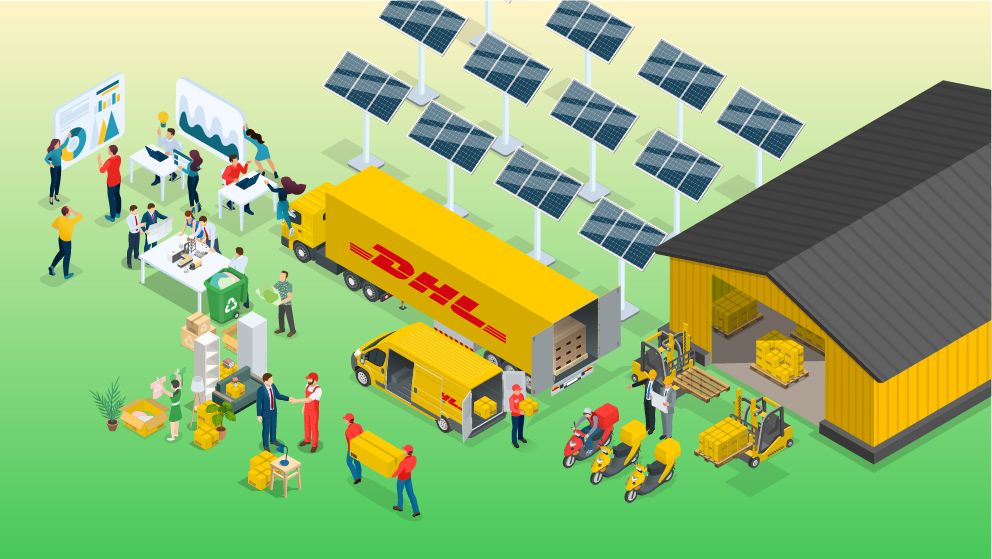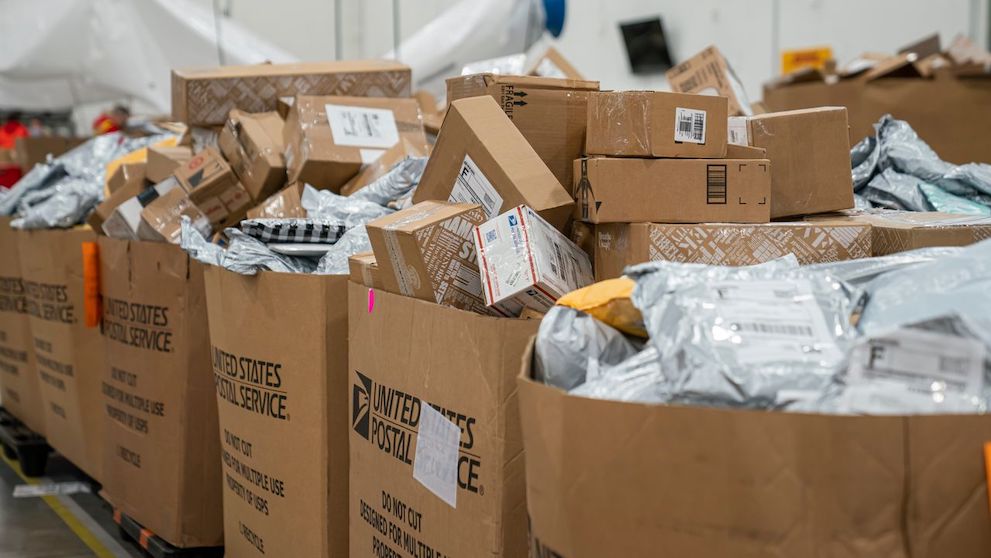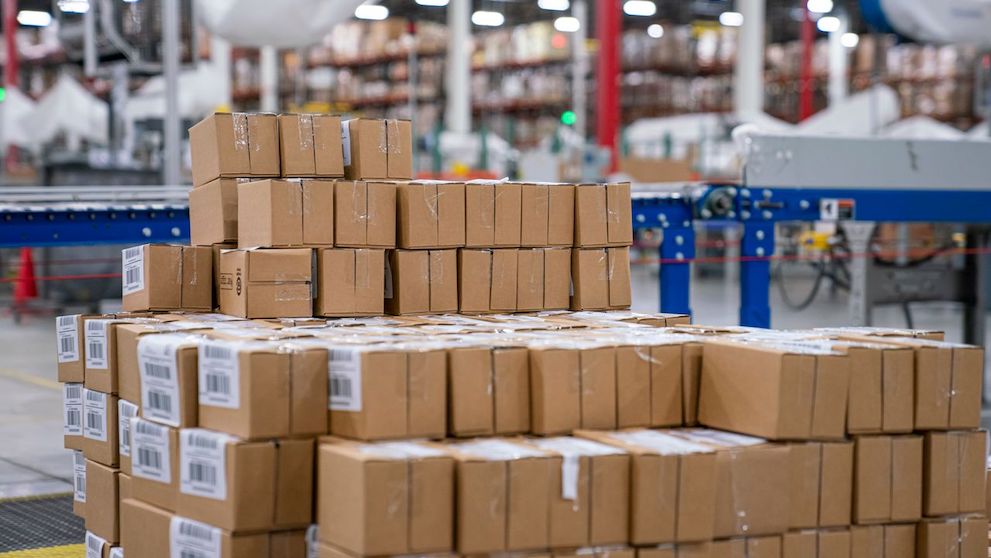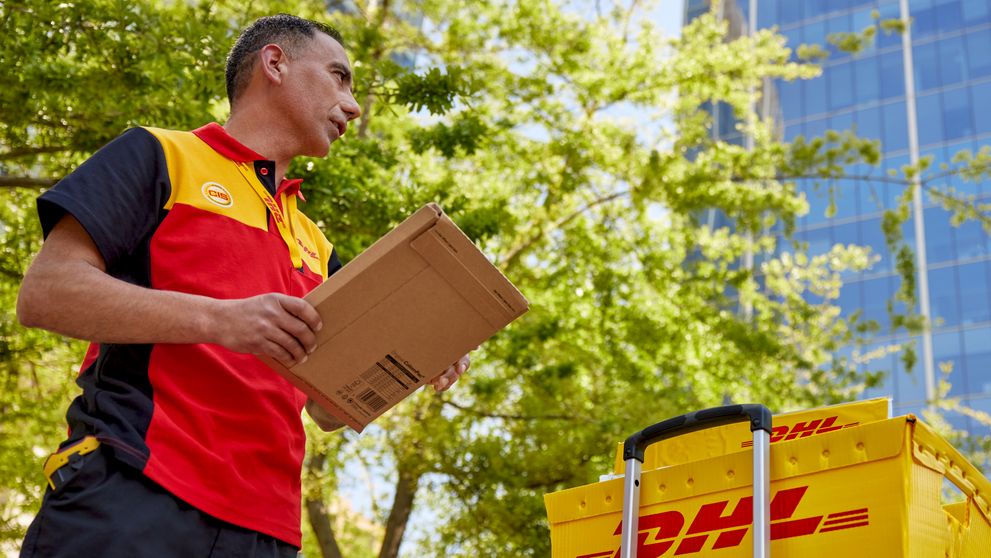
Environmentally-friendly practices for businesses to adopt
As we continue to face irreversible changes in the Earth’s system, the threat of climate change has become too severe and risky to ignore. The consistent exceedance of environmental thresholds has started to raise concerns about domino effects in global natural systems as well as societies. Hence, businesses are starting to see both pressure and opportunity to establish sustainability goals if they have not done so already. According to a report released by PwC, sustainability as a business approach considers how a given organisation operates in the ecological, social, and economic environments. In turn, generating long-term financial value for companies in aspects like cost reduction, productivity, new revenue, and better access to finance.
What does sustainability mean in the context of business?
A sustainable business is one in which environmental concerns, social commitments, and business profitability are in harmony. To put it simply, it involves the coordination of business activities without having negative impacts on the environment, society, as well as the overall economy.
Transforming into a successful sustainable business requires companies and stakeholders to adopt new levels of resilience and agility – all of which, have to be rooted within responsible practices that aim to preserve our planet. As such, sustainable practices should be at the core of your business strategy and operations. The reasons for this don’t just stop at ethics, but it also helps to pad the bottom line:
- Many of today's employees are looking for mission-driven, purpose-led companies who care about the environment and have environmentally-friendly practices in place. This can be seen in a report released by IBM in 2021, 71% of employees and employment seekers have expressed that environmentally-sustainable companies are more attractive employers.
- Almost two-thirds of consumers in Malaysia have also expressed that they prefer sustainable brands, further confirming that environmentally-conscious businesses are at the front of their minds.
- In a news report by The Malaysian Reserve, investors in Malaysia are also starting to see the importance of sustainable practices within businesses. As such, they are now demanding new levels of enterprise accountability, including actions to address climate change.
Sustainable practices that your business can adopt today
There are many things your business or company can do to show your commitment to the environment and sustainability efforts. While it also depends on the industry your company is in, there are still many sustainable practices that your business can adopt:
1. Energy efficiency
Contrary to popular belief, there is a difference between energy efficiency and energy conservation. Energy efficiency refers to using less energy to power the same equipment or services, eliminating energy waste. The latter refers to adopting behaviour that results in using less energy. Some examples of energy conservation include switching off the lights in the office at the end of the work day.
Businesses looking to embark on the energy efficiency route can start by hiring an environmental sustainability manager to examine your business’ current energy consumption and set KPIs to achieve green initiatives as an organisation. In addition, you should also set aside a budget to upgrade old technology. The technology you choose to upgrade has to be more sustainable and energy-efficient, depending on the type of workplace you are in. For example, if you are a warehouse manager, you could prioritise upgrading your equipment to an electric alternative. In contrast, a tech upgrade could be as simple as using energy-efficient LED lights if you work in an office environment.
2. Use sustainable and green packaging
Just as packaging’s primary purpose is protecting your goods and products, the type of packaging materials you use can also protect the environment. The life cycle of packaging materials can strain the environment’s resources if businesses do not make changes in their packaging choices. And on this front, both businesses and logistics companies have a huge role to play in opting for more eco-friendly packaging options. For instance, choose to use recyclable materials like PET, HDPE plastic, cardboard or paper wrappings to package your products for shipping, as these materials can be easily sorted for recycling. On the other hand, if you’re shipping food products, you can opt for compostable packaging that will break down completely in the ground and can then be used as organic compost.
3. Sustainable sourcing
Sustainable procurement, otherwise known as green procurement, is implementing an approach that will lessen the impact of your business operation on the environment and society. It integrates business practices and sustainable strategies into the decision-making and procurement process. Adopting sustainable procurement processes helps create a circular economy that lessens adverse economic, social, and environmental impacts of purchasing goods and services.
For instance, while reducing carbon emissions is something we’re all familiar with, businesses should also understand the social risk in their supply chain. This refers to the idea that there may be possible human rights violations taking place within your supply chain. Social risks can take many forms: child labour, violations of workers’ rights, and unsafe working conditions. Businesses interested in sustainable procurement can not only look at how to reduce the impact of a product’s life cycle through green materials but also address the social risks within their supply chain.
Opt to use green logistics
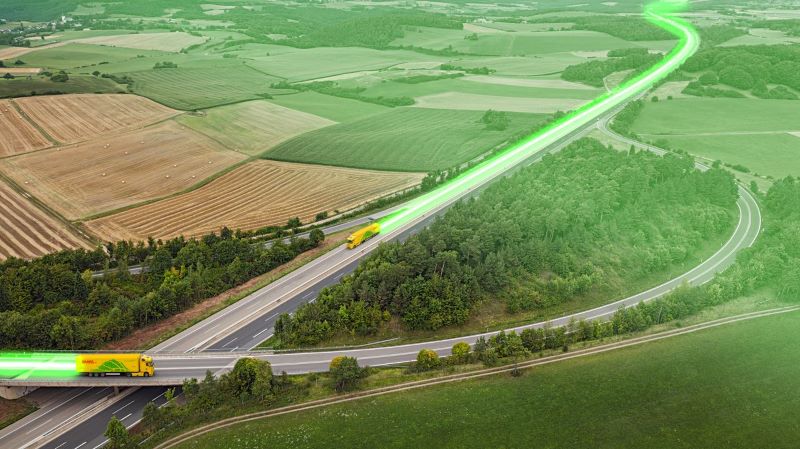
In addition to the pointers above, by far the most obvious obstacle to achieving a green supply chain and sustainable business model is transports. You need to move your goods from one place to another before reaching the end-consumer, but as we all know, transport is a notorious contributor to greenhouse gas emissions. One way to reduce its impact on the environment is to use Route Optimisation tools. These tools can reduce the time and distance to the destination with no excess mileage and lesser fuel consumption – reducing both carbon emissions and overall costs.
Furthermore, more logistics companies in Malaysia are beginning to take steps toward sustainability by implementing the use of electric vehicles to reduce fuel consumption. Another way logistics companies are minimising greenhouse emissions is through the reduction of failed deliveries. Having tracking systems in place means your customers will automatically receive notifications of the delivery date and time, ensuring that they’ll be there to receive their packages. Thus, when businesses engage in the eco-friendly services of logistics companies, their sustainability goals can be easily achieved.



